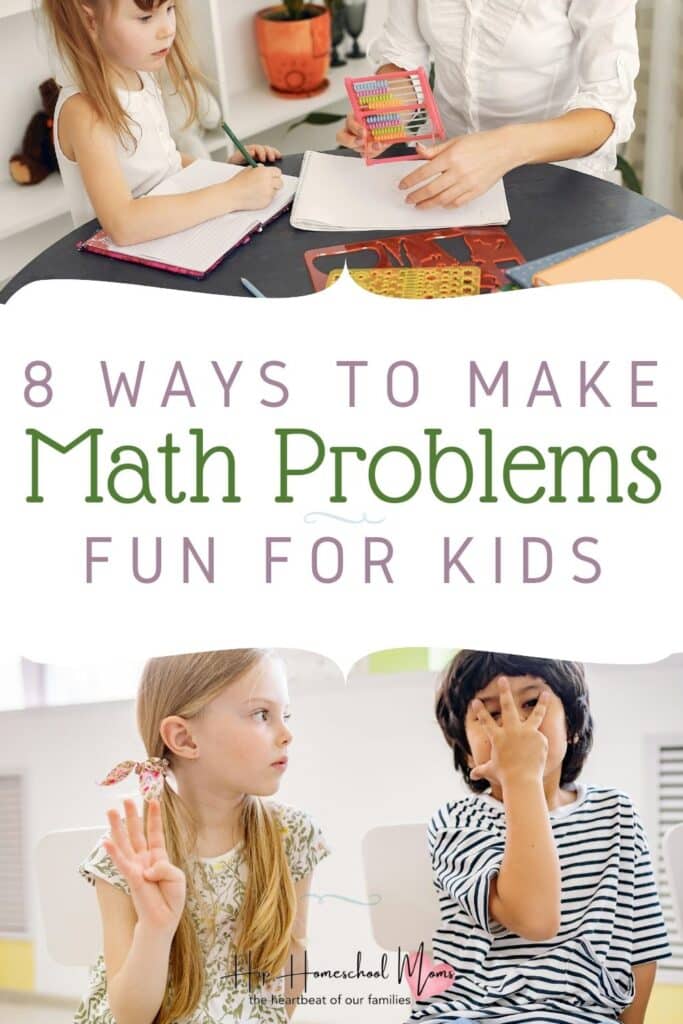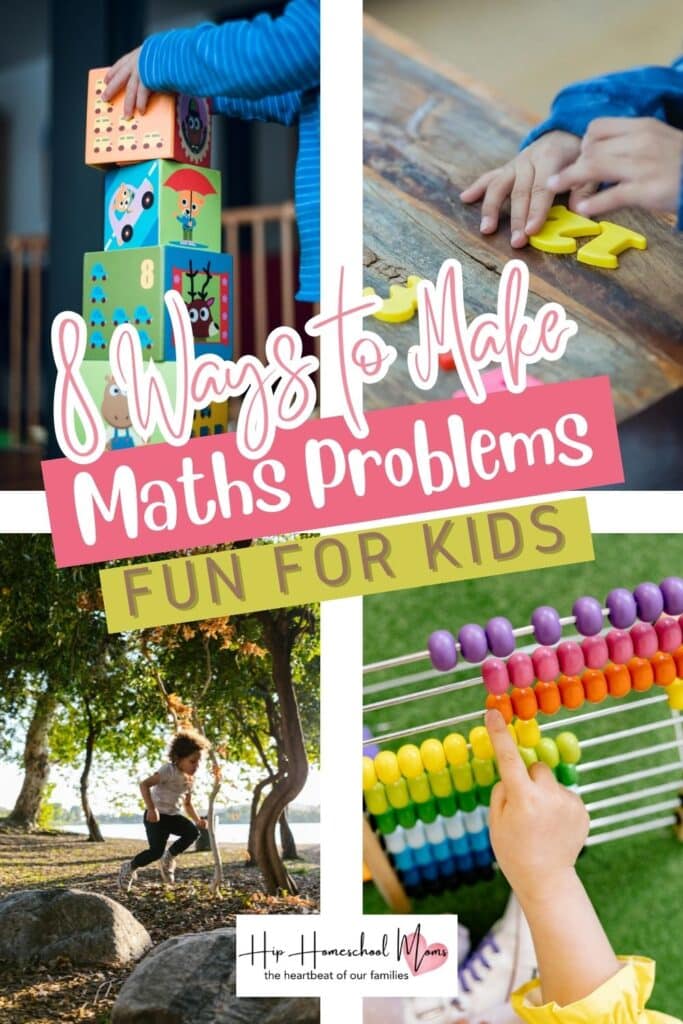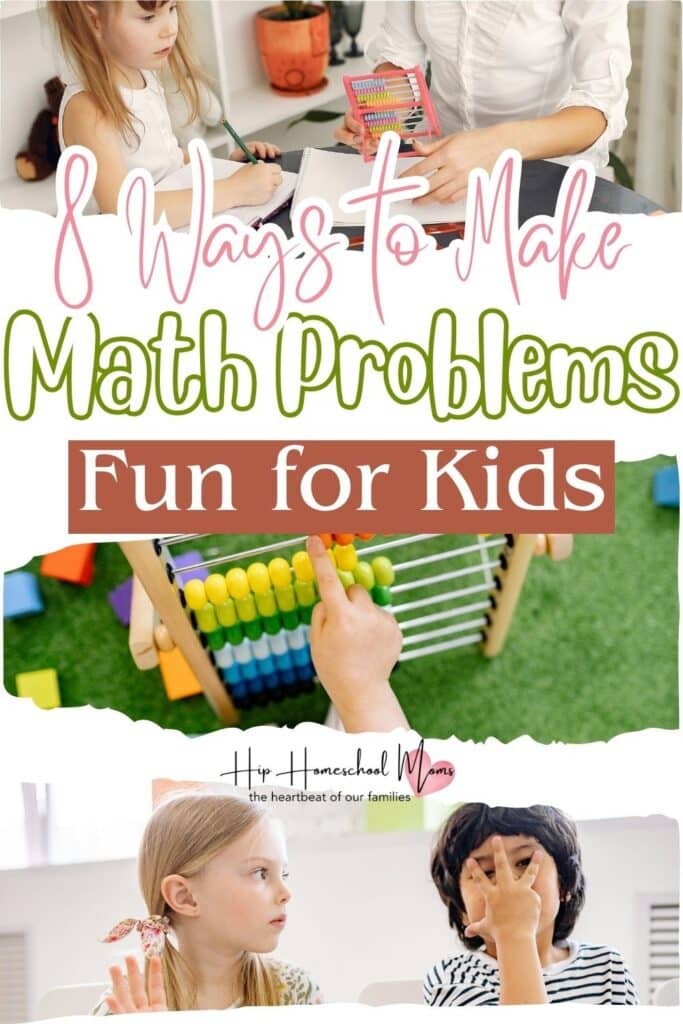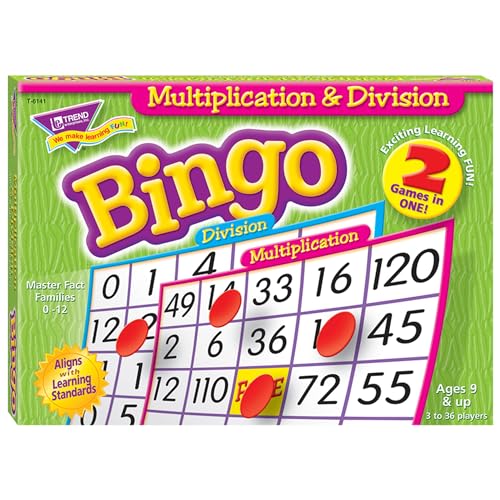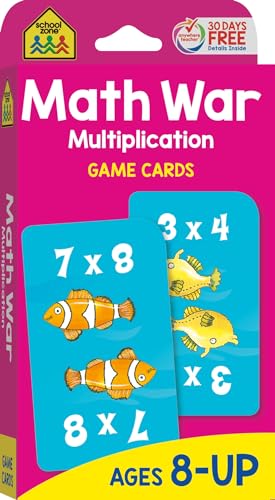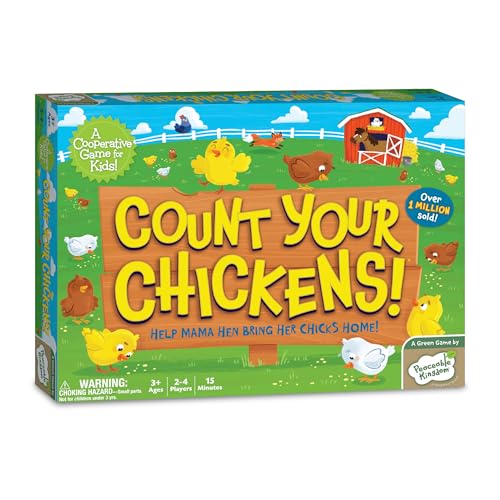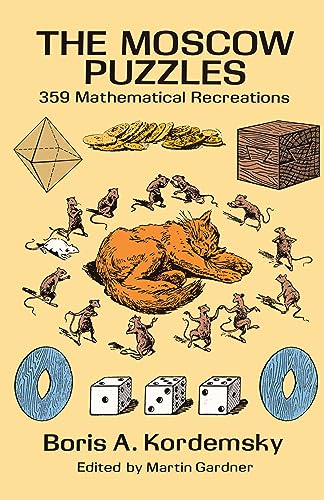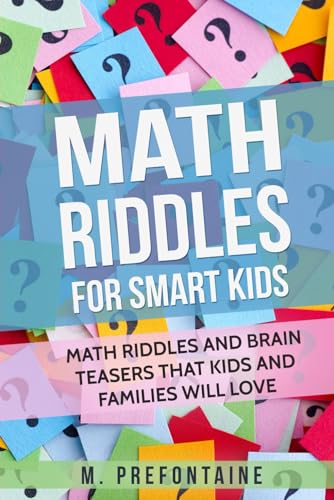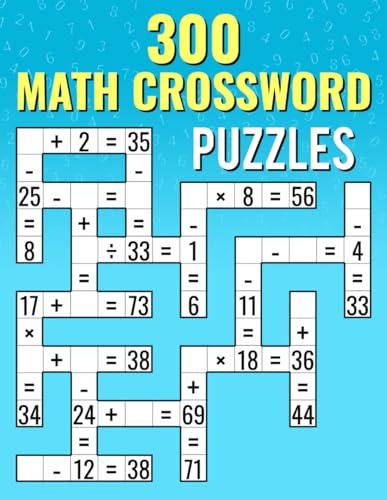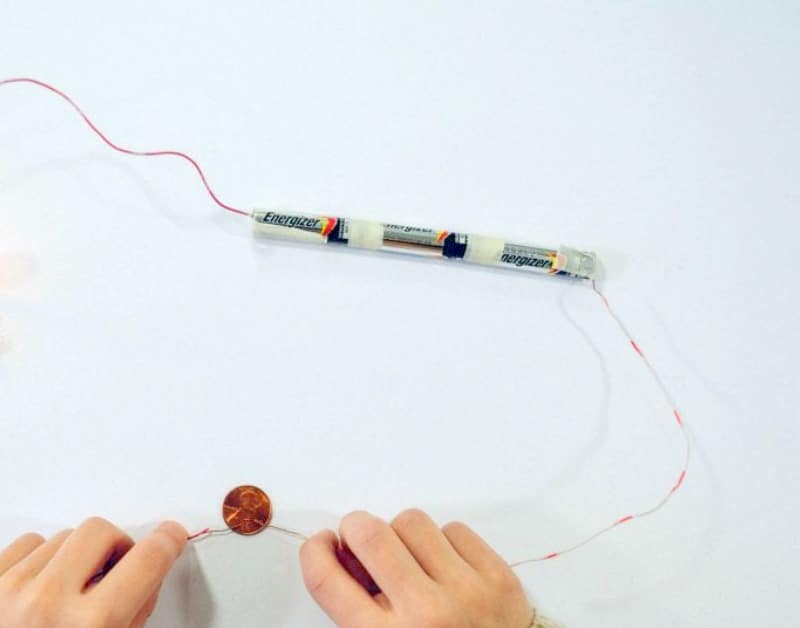8 Ways to Make Math Problems Fun for Kids
We all know that math is an essential skill that our kids need to learn. We homeschool moms also know that it’s a challenge like no other when they’re in the middle of complex math problems and they’re asking, “When am I ever going to use this?”
You pull out every stock response, from “You never know when you might need to use this” to “You’ll probably never have to use it, but it’s teaching you discipline, so just do it!”
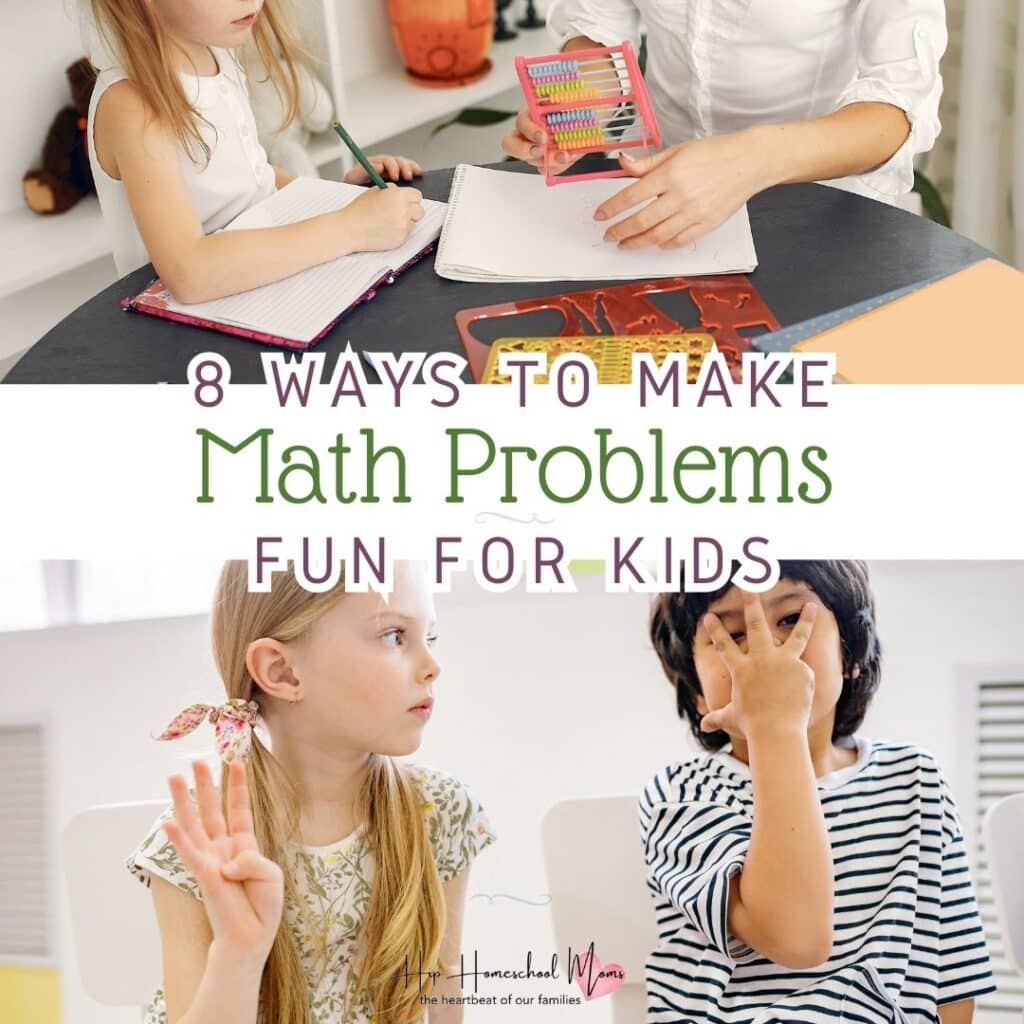
The truth is, math doesn’t have to be boring! Some aspects can be tedious, sure, but as homeschoolers, we have the freedom to make our kids’ education engaging and yes, even fun. By finding ways to make math problems more enjoyable, we can help our kids build a strong foundation in math while not simultaneously developing a lifelong dislike of the subject.
So, let’s discuss some creative ways to make math problems fun for kids.
First, though, have you heard of CTCMath? If not, this is one math program you’re going to want to check out. The phrase “game-changer” might sound a little cliché, but I’ve heard from enough moms to know that, when it comes to CTCMath, it’s true!
CTCMath is an online, subscription-based program and is a great option for moms who don’t feel all that confident confronting those challenging math problems with their kids. (BTW, they also offer a free trial and a 365-day money-back guarantee. Seriously, no reason not to try them out.)
Okay, let’s jump into making math problems engaging and fun for our students.
8 Ways to Make Math Problems Fun for Kids
1. Use Everyday Objects
This is a great tip if you are teaching math to younger kids. Utilize everyday objects (think: toys, fruits, crayons, kitchen containers, or other household items) to create math problems for your kids. For example, when shopping, ask your child to count out a certain number of apples into a basket. At home, use blocks to teach addition and subtraction. When out on a walk, gather up leaves to count later. You can also do fun counting activities with cookies or other edibles.
2. Play Math Games
Turn math practice into a game by playing board games, card games, or online math games. Games like “Math Bingo” or “Math War” can make solving math problems entertaining. (And what kid doesn’t love competing with others?) Check out these 3 Inexpensive Screen-Free Games that Make Math Fun.
3. Incorporate Arts and Crafts
Combine math with arts and crafts by creating math-related projects. For instance, you can use geometric shapes to make a collage or create a number line using colorful paper. Look up math crafts on Pinterest and you’ll get all kinds of ideas for projects. You can even do origami projects with your kids and use this craft time to incorporate math problems. Younger kids can count the number of folds they have to do to make an origami craft while older children or teenagers can learn about the mathematics, laws and theory behind crease patterns.
4. Make Math Problems a Challenge
Challenge your child with math puzzles and riddles. Encourage them to solve problems and reward them for their efforts, which can motivate them to tackle more challenging math concepts. Here are a few books that have math puzzles and brain games; some kids absolutely love solving these kinds of math problems:
- The Moscow Puzzles: 359 Mathematical Recreations
- Math Riddles and Brain Teasers
- Math Crossword Puzzles
5. Use Technology
Utilize educational apps and websites that make learning math interactive and fun. Many apps offer games and activities that reinforce math skills in an entertaining way. We’ve mentioned CTCMath, an excellent online option for homeschool families with children from kindergarten through 12th grade.
Whether you’re looking for help with middle and high school math or early elementary math, you’ll find it works for a variety of learners in different kinds of learning situations. Because it is online and video-based, CTCMath is perfect for on-the-go and road-schooling families. It can be done anywhere your child has an Internet connection and is a terrific use of technology for teaching kids complex math problems of all kinds.
6. Connect Math to Real Life
Show your child how math is used in everyday life. For example, involve them in cooking and doing math in the kitchen. Ask them to measure ingredients while baking a cake or have them mentally calculate the total cost of items at the grocery store.
If you’re on the road for a vacation or educational trip, take math on the road with you, from calculating the trip costs to doing some budgeting math problems for the journey itself.
No matter what math level your homeschooler is working on, math often comes more easily with hands-on activities, and the garden is a wonderful place to teach math skills and solve real-life math problems.
7. Make Math Active
Engage your child in physical activities that involve math, such as counting jumping jacks or measuring distances. This can help them understand math concepts in a hands-on way.
These outdoor math games will give you some terrific ideas on how to combine math problems with physical education.
Kids love being active, and it’s such a great idea to incorporate fun activities into your math lessons in order to help your kids equate math problems to engaging and positive times.
8. Celebrate Achievements
Celebrate your child’s progress and achievements in math. Praise their efforts and encourage them to continue exploring and learning math. Are you in the habit of celebrating homeschool milestones? It’s easy to forget that our kiddos work hard on their education every day, and that their accomplishments should be recognized, especially when it comes to math. Here are some suggestions for celebrating homeschool milestones.
Closing Thoughts and More Links to Help with Math Problems
By incorporating these creative strategies, you can make math problems not only doable, but enjoyable for kids (and yourself). Remember, the goal is not just to solve math problems but to develop a positive attitude towards math that will benefit children throughout their lives.
- For a more extensive explanation of CTCMath, check out this CTCMath Review.
- Here is a list of 5 Ways to Give Your Kids the Math Help They Need.
- You might be interested in these 5 Creative Ways to Teach Homeschool Math.
- Need some Math Activities for Kids Who Hate Math?


